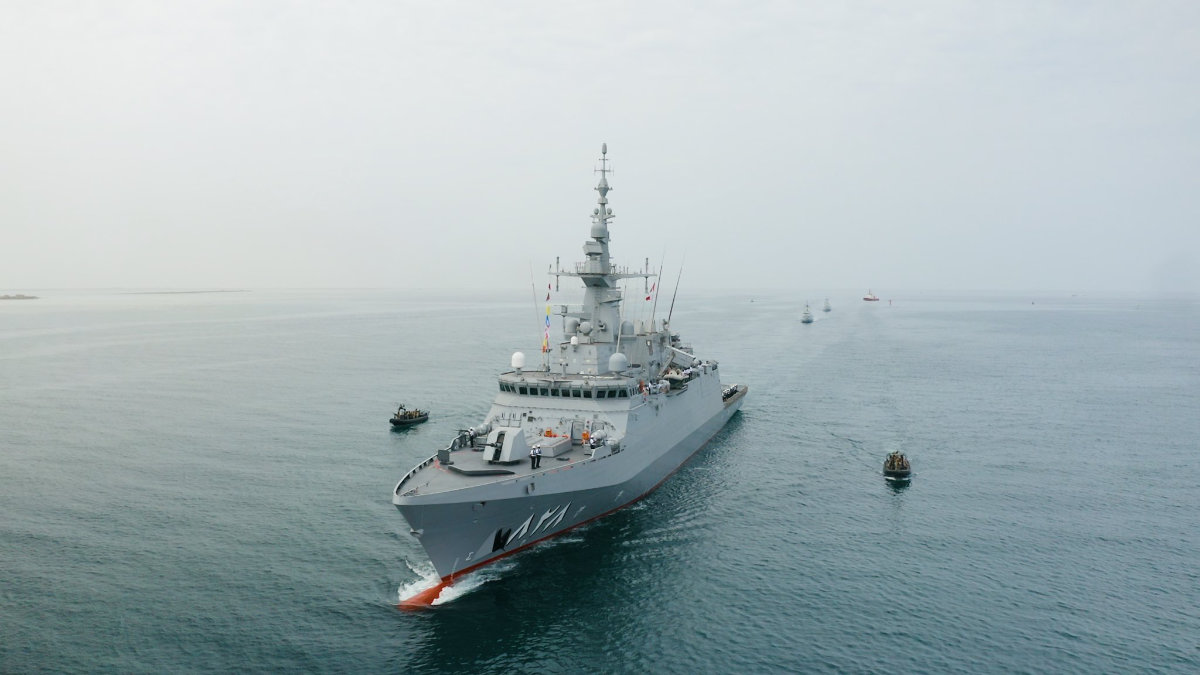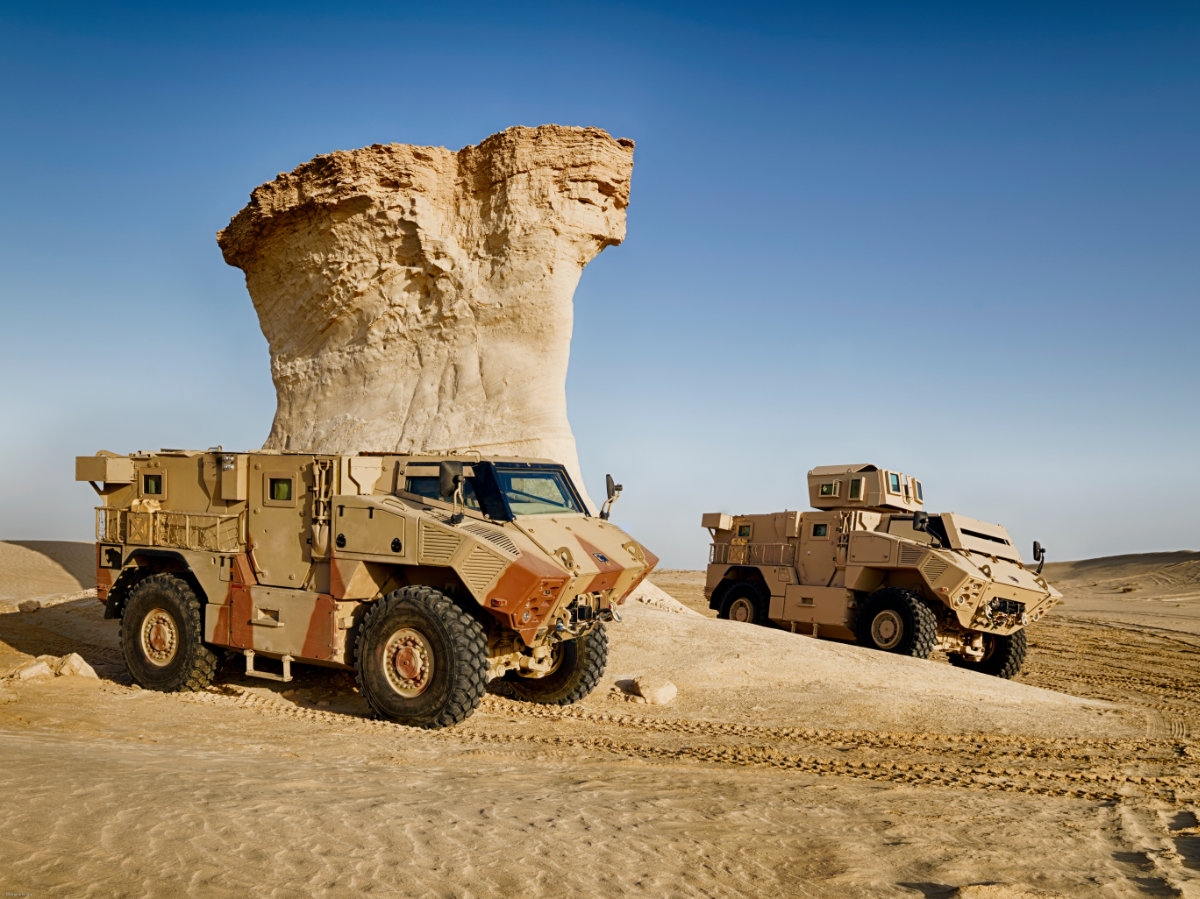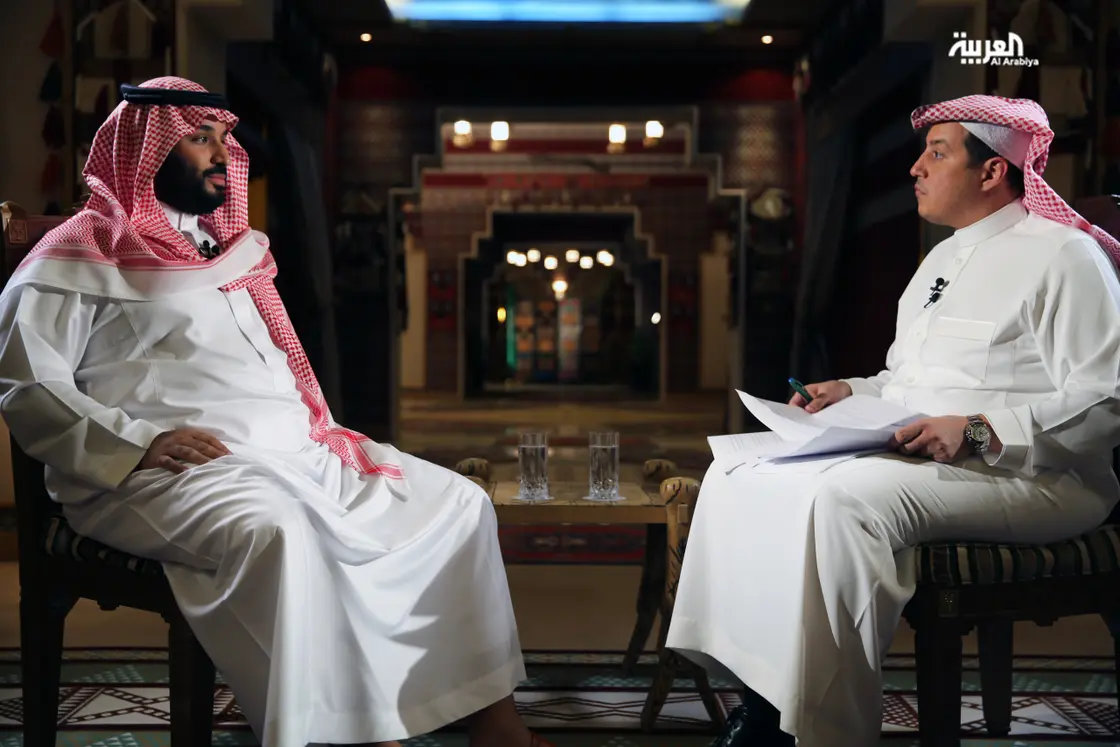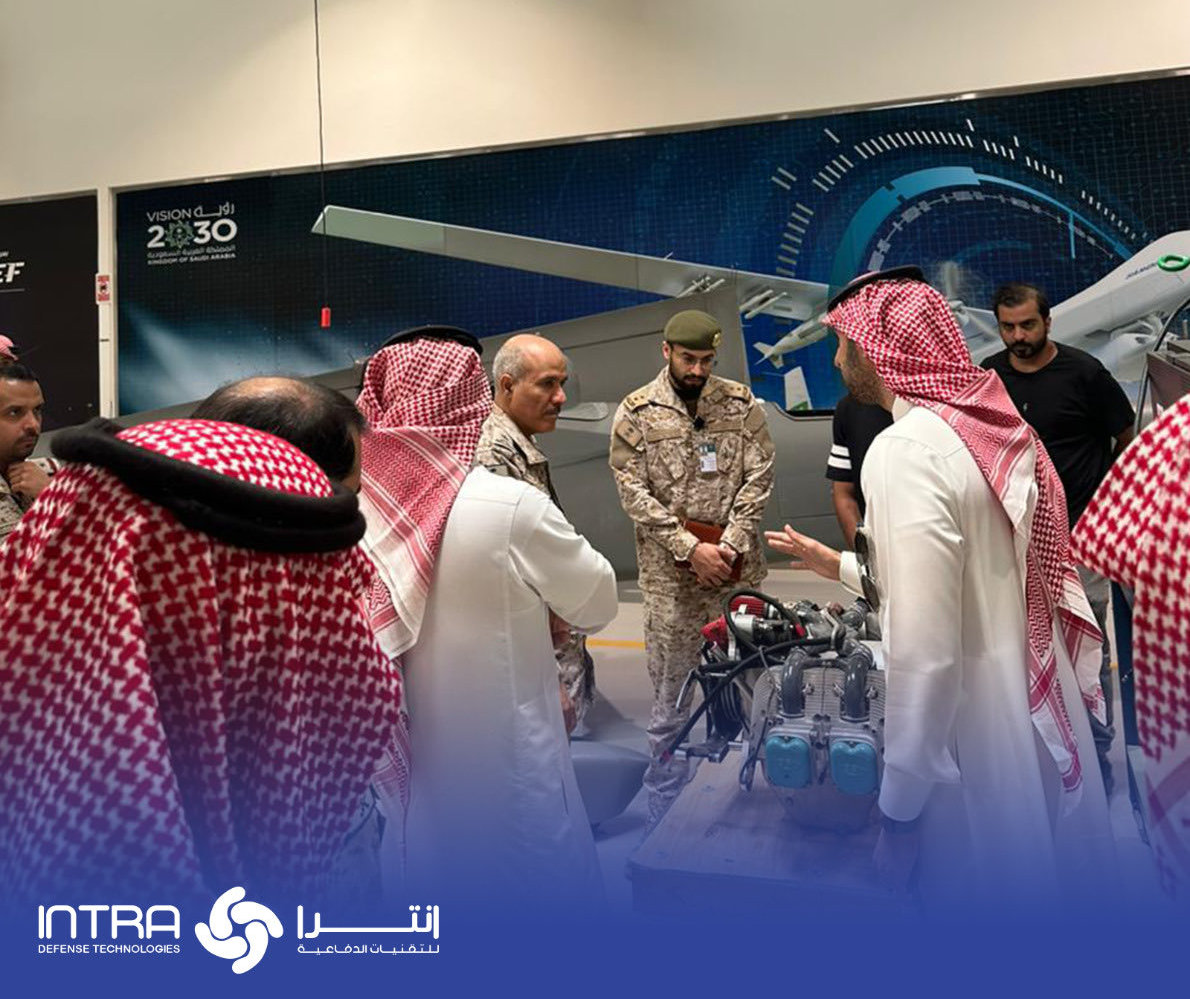JEDDAH: Saudi Arabia’s defense industry is relatively new, dating back to the early 1970s. However, the country has made significant progress in recent years and is now considered a major player in the global market.
In the early years, the Kingdom’s defense sector was focused primarily on the assembly and repair of foreign-made weapons and equipment. More recently, the country has pursued self-reliance in military manufacturing.
This shift has been motivated by a number of factors, including the country’s vast oil wealth, its strategic location in the Middle East, and its desire to reduce its reliance on foreign imports.

One of the key drivers behind this burgeoning industry is the aerospace and defense company Saudi Arabian Military Industries, or SAMI — a wholly owned subsidiary of the Public Investment Fund established in May 2017.
SAMI’s goal is to localize 50 percent of the Kingdom’s defense spending by 2030. To achieve this, SAMI has established 12 joint ventures with the world’s biggest and best original equipment manufacturers.
These joint ventures have enabled SAMI to acquire the technology and expertise it needs to develop its own defense products.
“Through partnering with industry pioneers and experts, we’re making great strides towards achieving this goal,” SAMI told Arab News.

SAMI Chief Executive Officer Walid Abukhaled is briefed at one of the factories of the Intra Defense Technologies by company CEO Hamad bin Abdullah Al-Fawzan. (Photo: SAMI)
“Starting with creating opportunities for local talents and building products that are changing the game in the industry, SAMI is determined to support and empower those talents while fostering global partnerships simultaneously.
“In the five years since its establishment, SAMI has launched several innovative products such as Hazem, Mulhim, and Roaya. Those products have helped solidify Saudi Arabia’s impact and position in the defense industry globally.
“Consequently, we remain focused on developing and enhancing products by creating opportunities and building sustainable partnerships locally and internationally.”
Through its investment and partnership with Navantia, a Spanish state-owned shipbuilding company, SAMI successfully completed Al-Sarawat, a project involving five new Avante 2200 corvettes for the Royal Saudi Naval Forces with capabilities to handle air, surface, or subsurface targets.

Saudi Arabia's HMS Al-Jubail, seen arriving at the King Faisal Naval Base in Jeddah in this photo taken last year, is one of five corvettes produced in a joint venture signed in 2018 between SAMI and Spain's Navantia shipbuilding company. (Photo: Saudi Ministry of Defense)
HMS Al-Jubail and HMS Al-Diriyah are now equipped with Hazem, an integrated combat system that combines on-board weapons and sensors into one single system. It is the first combat management system to be developed by the Kingdom.
Mulhim, another battle management system developed by SAMI, is a battle management system for dismounted soldiers, stationary command centers, and mobile command centers, designed to enhance the combat capability of land formations.
Roaya, meanwhile, is a lightweight armored turret that can be armed with a 7.62 or 12.7 mm caliber machine gun or a 40 mm caliber grenade launcher.
Through partnerships with global leaders in the defense sector, SAMI has developed a range of armored vehicles, tanks, infantry fighting vehicles, fighter jets and drones, and has employed new technologies, such as artificial intelligence and autonomous vehicle technology.

SAMI has signed an agreement with UAE's EDGE group to produce the JAIS 4x4 armored personnel carrier in Saudi Arabia. (Photo: Edge Group)
Its success has not gone without notice. SAMI ranked among Defense News’ top 100 defense firms for the second year in a row, rising 19 places since last year to 79th. The company has set its sights on ranking among the top 25.
However, SAMI is not the only company contributing to the Saudi defense industry’s expansion. Others include Arabian Military Industries, Military Industries Corp. and SAMI Advanced Electronics Co., a subsidiary of the defense firm.
Much of the sector’s success is down to plentiful state investment. In 2022, Saudi Arabia ranked fifth in the world for military spending, after the US, China, Russia, and India, dedicating $75 billion to defense — accounting for 3.3 percent of global military spending.
The US led the ranking with $877 billion, or 3.5 percent of its gross domestic product. However, Saudi Arabia’s spending represents a higher share of its GDP, at 7.4 percent.

Investment in Saudi Arabia’s defense industry has multiple benefits for the country. Firstly, it helps to reduce the Kingdom’s reliance on foreign imports. This is important for national security, as it reduces the country’s vulnerability to supply chain disruptions.
Secondly, the growth of the defense sector creates high-skill jobs and opportunities for Saudi citizens. Finally, it helps to develop the country’s technological and manufacturing capabilities, leading to economic diversification and the growth of other sectors.
The boost in defense spending was first unveiled in 2016 when Crown Prince Mohammed bin Salman sat with veteran TV journalist Turki Al-Dakhil for his first-ever television interview, which covered a wide range of topics regarding the Kingdom’s future.

In this picture taken in April 2016, then Saudi Deputy Crown Prince Mohammed bin Salman, in an interview with Al Arabiya's General Manager Turki Al-Dakhil, unveiled the Kingdom's strategy to boost defense spending and develop a home-grown defense industry. (Photo courtesy of Al Arabiya/File)
“Is it reasonable that in 2014, Saudi Arabia was the largest fourth country in the world, and the largest third country in 2015 in terms of military spending; while we don’t have industry inside Saudi Arabia?” the crown prince asked during the interview.
“We have a strong demand that we should meet inside Saudi Arabia, which is the demand on the military industries.”
 It was during this same interview that the crown prince alluded to establishing a holding company for military industries, “which is 100 percent for the government.” Thus, the idea of SAMI was born.
It was during this same interview that the crown prince alluded to establishing a holding company for military industries, “which is 100 percent for the government.” Thus, the idea of SAMI was born.
SAMI’s rapid growth since then has led to a significant increase in employment, with the company now boasting more than 3,000 employees, 84 percent of whom are Saudis, with plans to add a further 1,500 staff in the next quarter. The firm had just 63 staff in 2018.
With a view to develop local talent and expertise in the defense industry, SAMI has established a number of training and development programs to help Saudis acquire the skills and knowledge they require.
Aerospace, drone regulation and the space industry are other growing sectors in the defense market that have experienced increased investment. The government has signed contracts with several players in these fields, including Boeing, Lockheed Martin, Safran Helicopter Engines, ST Engineering, Airbus, and L3 Harris.
Its most recent signing was with Turkish company Baykar Tech to localize the manufacture of the Bayraktar Akinci drone and its component systems.
“We believe building local and global partnerships is a key factor in achieving SAMI’s goals, and being part of the Baykar Tech agreement is a huge step forward in doing so,” SAMI told Arab News.

Major General Attiyah bin Saleh Al-Malki, chief of the General Directorate of Local Manufacturing at the Saudi Ministry of Defense, and his delegation, get a briefing at the engineering hub of the Intra Defense Technologies, a local company that designs, develops, manufactures high performance and innovative unmanned aerial systems. (Intra Defense Technologies photo)
“Those partnerships help us provide local talents with the best opportunities to grow and learn.”
Indeed, to drive ahead the localization of defense jobs, SAMI has taken the lead with the Kingdom’s new Academy of Defense Industries, which will significantly contribute to SAMI’s goal of becoming the largest supporter of national human resource.
“Furthermore, having SAMI’s CEO, Eng. Walid A. Abukhaled, as the chairman of the new Academy of Defense Industries is how we can ensure those opportunities are given to the right people, as the sole purpose of this academy is to find, prepare, and introduce young talents to the defense industry sector,” SAMI added.

















